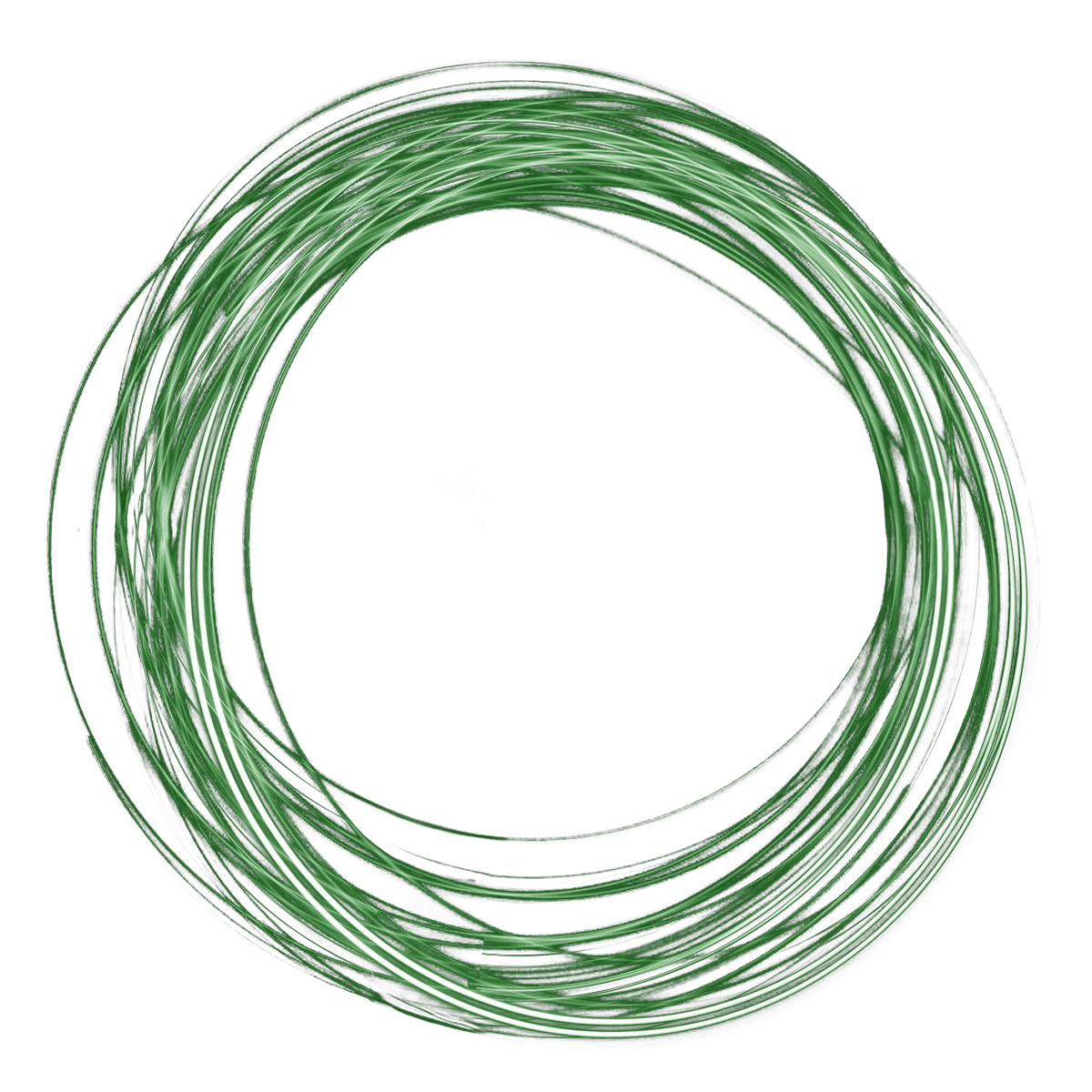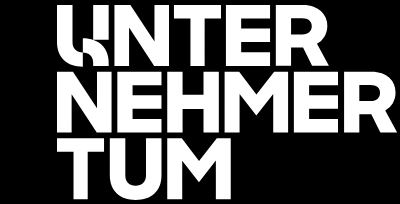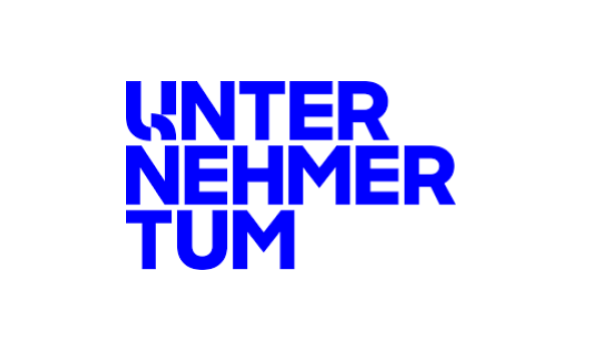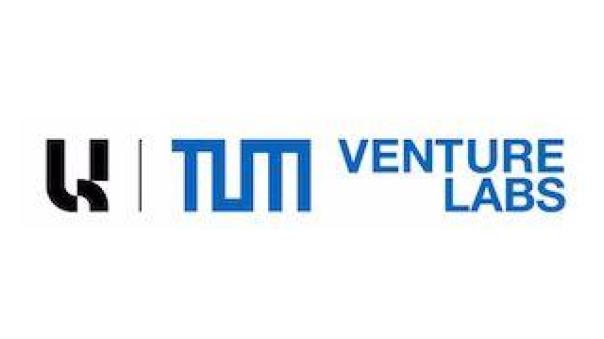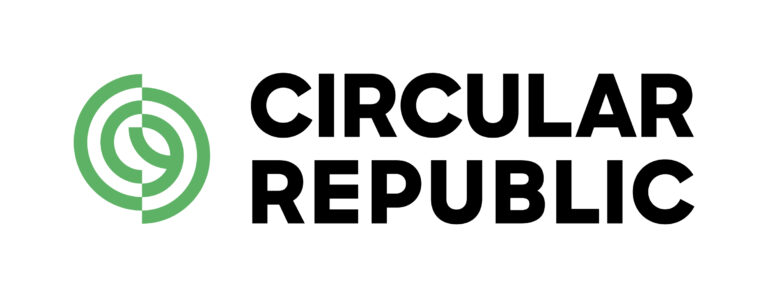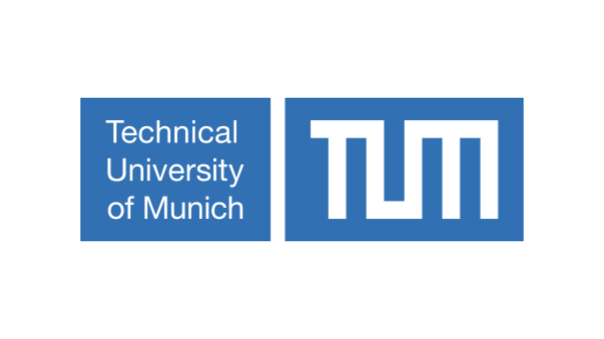FAQs
Yes, of course! We welcome all motivated tinkerers, hackers, designers, entrepreneurs and makers! Even if you are not a student, please apply for the X-Scholarship on our website. This is due to our internal funnel management. For Circular Hackfest participants, please tick ‚yes‘ when asked for a valid student ID.
The Circular Hackfest, held from October 7th-11th, 2024, is a major hackathon where individuals with diverse skills and mindsets collaborate intensively to develop innovative solutions to challenging problems.
Hosted by UnternehmerTUM MakerSpace in close partnership with Circular Republic, this event promises to be a must-attend, bringing together up to 150 like-minded peers.
Gain new skills, connect with diverse individuals, expand your network, enhance your resume, make a meaningful impact, and have fun! Exciting prizes will be revealed at the kickoff event on October 7.
During registration, you’ll be asked to tag your skills (Hardware, Software, Business, Design) and specify a partner preference. Using this information, we will assemble optimal teams tailored to each challenge.
The MakerSpace at Munich Urban Colab provides every team with an exclusive chance to create professional prototypes in our state-of-the-art workshop. This allows you to thoroughly test the usability of your ideas and prototypes while refining them further.
There are six workshop areas available: Woodworking, Laser Cutting, 3D Printing (SLM, SLA), Textiles, Electronics, and Metal (located in Garching). Corresponding courses are offered for each area and machine, covering necessary handling and safety protocols.
Yes, attendance during the hackfest week is mandatory, though we won’t be monitoring everyone’s presence continuously. Teams are encouraged to coordinate internally and align as necessary, as long as it’s agreed upon within the team.
Yes, we got you covered! Bavarian-Oriental will supply is with fresh vegetarian bowls each day.
There is no upper age limit, you just need to be over 18 years old.
Ideally, your solution should present a viable business case. In such instances, we are enthusiastic about supporting you to potentially spin off your idea into a startup in other UnternehmerTUM formats.
